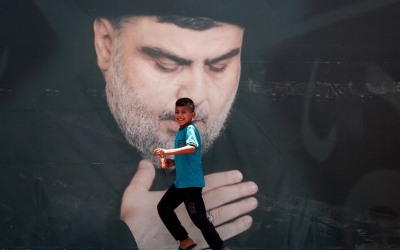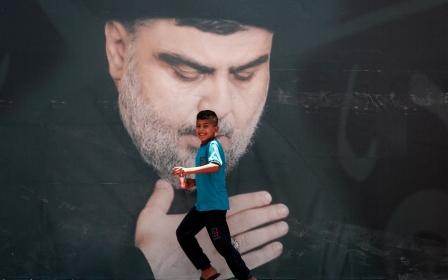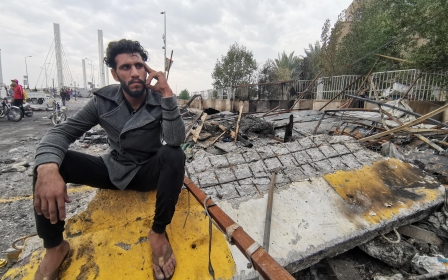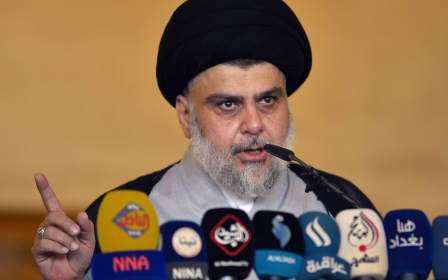Iraq: Sadr announces intention to run in October elections
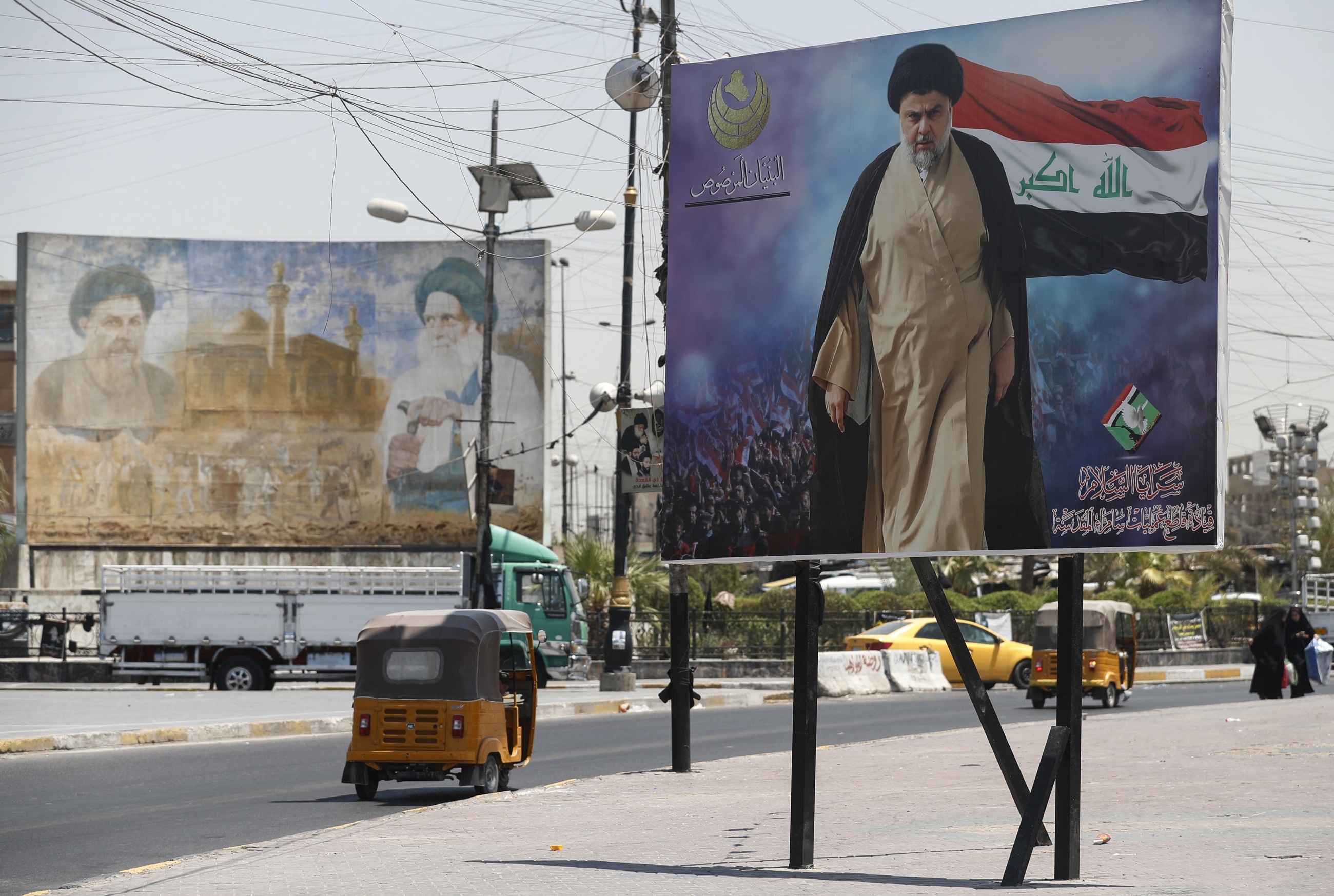
Influential Shia cleric Muqtada al-Sadr has said that he will participate in early elections in Iraq, reversing a former position in which he advocated a boycott of the vote.
During a speech on Friday, Sadr said that his movement would take part in elections scheduled for 10 October as a means of fighting corruption and of reforming the country.
"Participating in the electoral project is now acceptable," said Sadr in a televised address, barely a month and a half after originally announcing a boycott. He said he had received pledges from "certain political leaders" to reform the country and "put an end to corruption".
Sadr's Sairoun coalition is the largest political bloc in the Iraqi parliament, after winning the largest number of votes in the 2018 parliamentary elections.
His decision to partake or not partake in elections will ultimately have a major impact on Iraq's political landscape.
Analyst Sajad Jiyad said on Twitter that Sadr's original boycott call had been part of political manoeuvring with his rivals, including the Iran-backed Hadi al-Ameri and the religious establishment in Najaf.
"Muqtada al-Sadr was never going to boycott elections, he was trying to extract concessions from others," Jiyad wrote.
"Seeing alliances were being formed without him, that Najaf did not support postponing and that he could agree with Ameri again on choice of PM, he announced his ‘return’ today."
The elections are an attempt to fulfil a promise made by Prime Minister Mustafa al-Kadhimi after coming to power in May 2020. He was appointed following the ousting of his predecessor, Adel Abdul Mahdi, by anti-government protests that began in October 2019.
The last parliamentary elections were marred by a turnout of 44.5 percent, according to official figures – the lowest since Saddam Hussein was ousted – as well as accusations of irregularities in the count.
Anti-government protesters have denounced the entire political class and all political parties, whom they regard as irredeemably corrupt.
Middle East Eye delivers independent and unrivalled coverage and analysis of the Middle East, North Africa and beyond. To learn more about republishing this content and the associated fees, please fill out this form. More about MEE can be found here.


